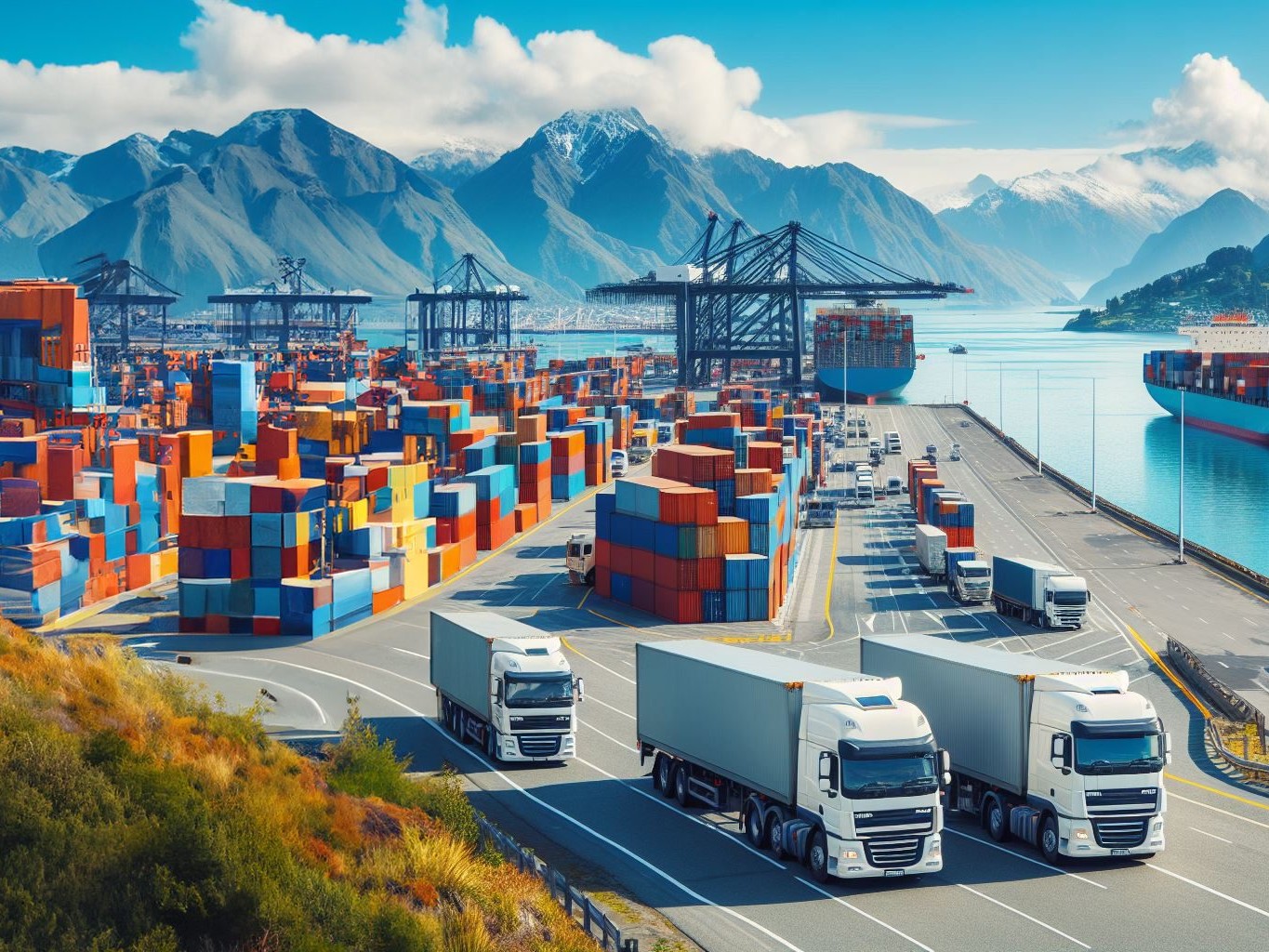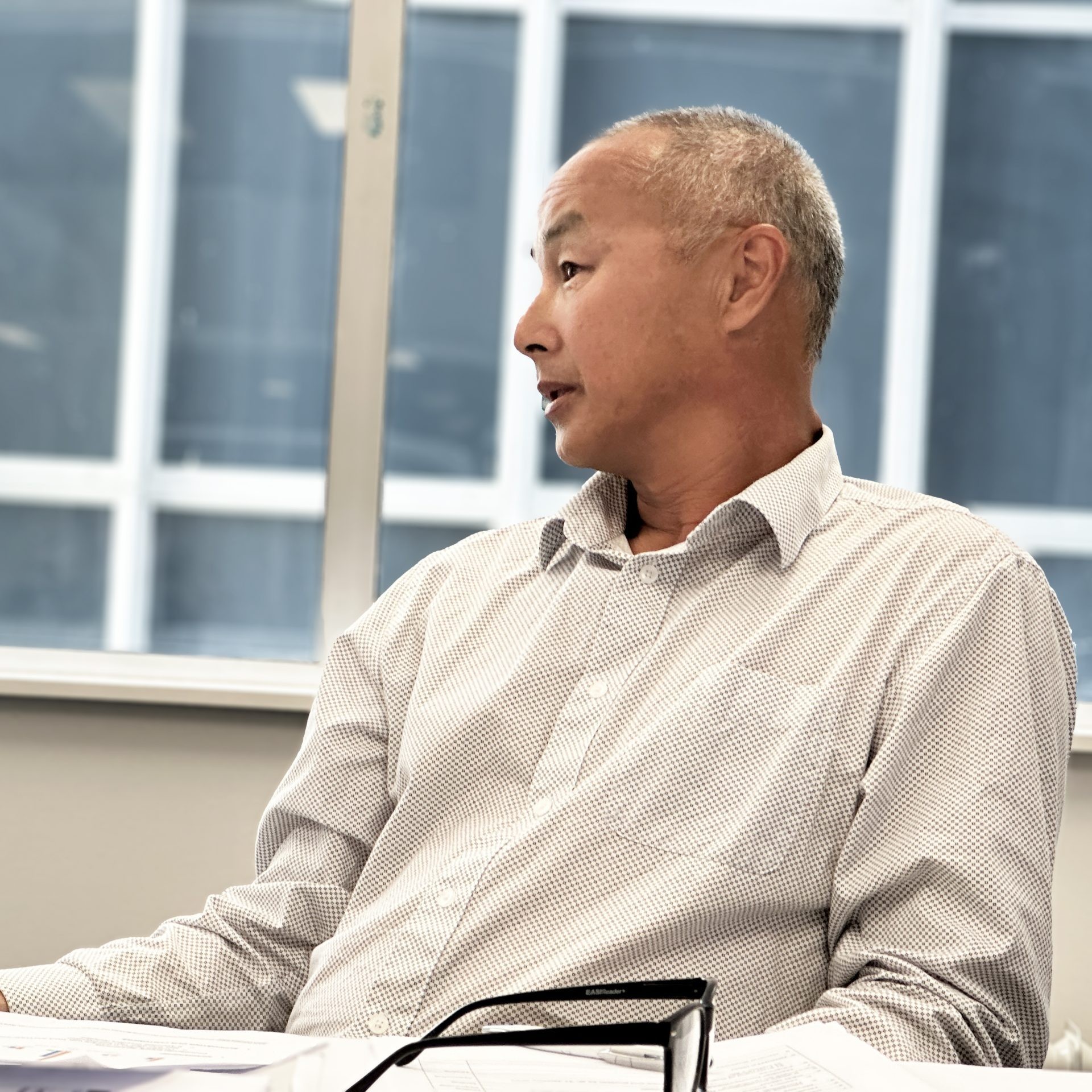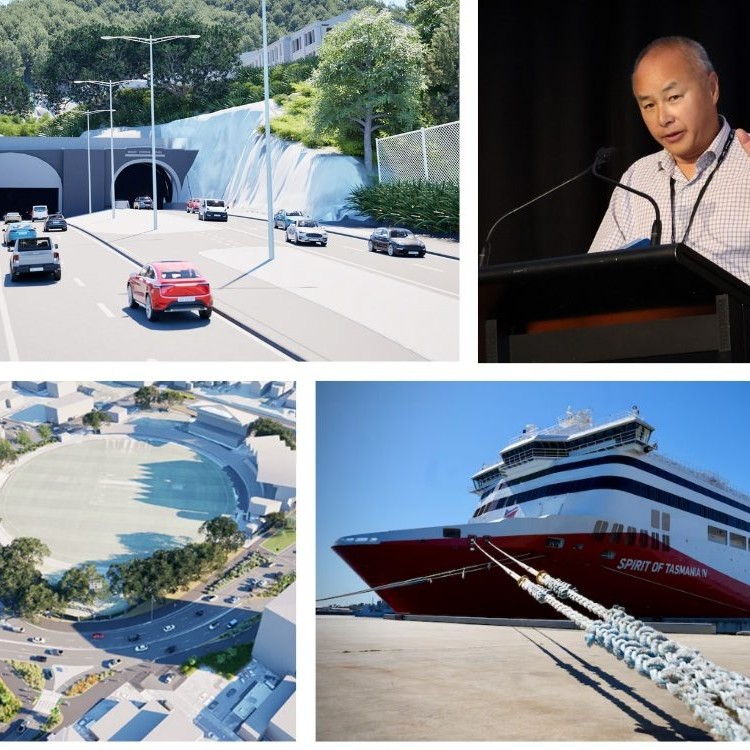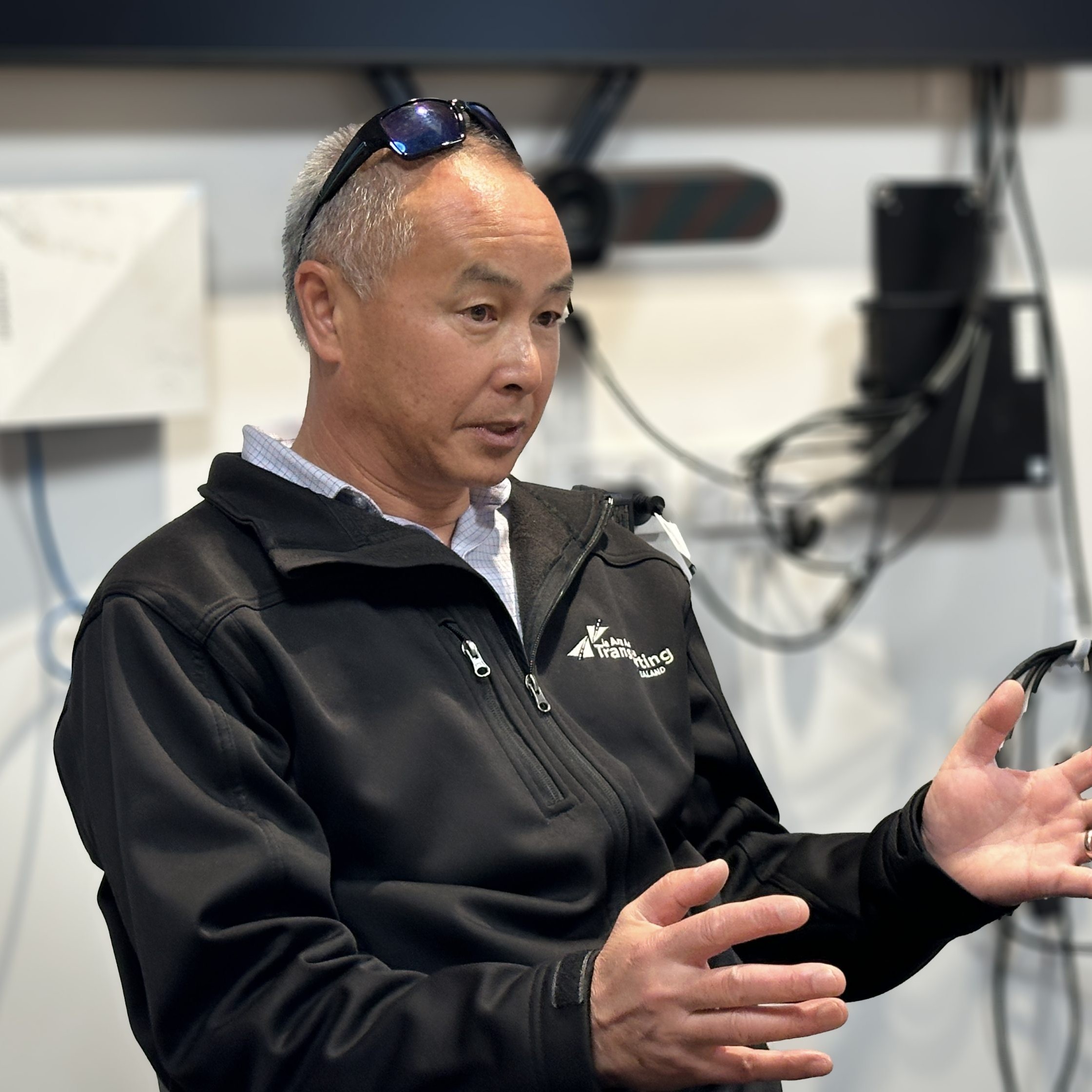
Rising port costs are ringing alarm bells both for road freight operators and cargo owners. Livestock carriers are also facing rising costs waiting to unload stock at some meat processing plants because of a reduction in ramps.
Both scenarios are part of an unfortunate trend for various parties to make cuts or increase prices without consulting with those that are impacted the most.
That’s why Transporting New Zealand is highlighting a lack of consultation as a serious issue and calling for a more open and consultative approach, which is in everybody’s best interests.
We all know that decades of underfunding, under-resourced infrastructure and systems that are well over their designed for capacity are placing a real burden on businesses and the wider community. But the present moves are only making matters worse.
Rapidly escalating vehicle booking system (VBS) charges at ports are leading to frustration, delays, and mounting financial pressure. As our policy advisor Billy Clemens noted, road freight companies are left to pass the costs onto unhappy customers, and bear the associated administrative burden. Once introduced, VBS and other charges operate as a relatively easy revenue raising tool for ports, which are hungry for higher returns.
Auckland Port drew headlines last year when it announced a 59 per cent VBS hike from January 2024, with more fee increases to come throughout the year.
While VBS has the potential to improve port efficiency and reduce turn-around times for drivers, it’s unclear whether these benefits are actually materialising. Recent fee increases don’t seem to be closely connected to productivity and service improvements, like enabling dual slot bookings. In fact, Transporting New Zealand members have reported that real-world vehicle turn-around times have increased for at least one South Island port.
Transporting New Zealand will be keeping the spotlight on this issue, and will work with groups like the NZ Council of Cargo Owners to highlight the pressure this issue places on the price of everyday goods.
We recommend members subscribe to Transporting New Zealand’s Port Updates to get the latest on cost increases. Members can contact info@transporting.nz or your regional advisor to get added.
Operators should also ensure that your pricing reflects the (often significant) administration costs of managing these surcharges on behalf of the ports.
Consulting, co-operating, and co-ordinating
Our final message to all parties in the supply chain that are making changes or decisions that impact on the health and safety of those providing road freight services is that communication, co-operation, and co-ordination with the affected people are essential. Leaving road freight operators in the dark as to pricing and systems changes is a recipe for disaster.
Feedback from the road freight industry recently contributed to the introduction of a port sanction system being delayed by two months, to allow adequate lead-in time for freight companies. This increased notice period gave industry sufficient time to prepare. It also avoided cargo owners experiencing delays due to freight companies being stood-down as a result of inadvertent health and safety breaches by individual drivers.
The relevant container storage company wrote to us last year, advising they would introduce a point-based demerit system for not complying with safe working procedures, including drivers not being inducted and drivers leaving their cabs in any operational area, which could result in entire companies being suspended.
Transporting New Zealand agreed with the general intent of what the companies were trying to achieve. However, we were concerned that transport operators did not appear to have been appropriately engaged in the development of the scheme, and there was only one month’s notice before commencement.
On this occasion we successfully got the scheme’s implementation delayed to a more realistic timeframe, but the opportunity to collaborate on improving the scheme was missed. The Transporting New Zealand Port Sector Group and South Island Port User Working Group (SI Port User Group) could have quickly provided input and expertise.
Similarly, a South Island port recently proposed a straddle crane system that would require truck drivers to reverse into place using the lefthand side, reducing driver visibility. Whilst the final layout is still far from what we consider to be ideal, some advocacy from the SI Port User Group led to an alternative design being delivered that avoids the need for blind side reversing.
Transporting New Zealand continues to work with other parts of the supply chain through parties and forums like the NZ Council of Cargo Owners, FENZ and the Livestock Supply Chain Rōpū on reducing the risk that the changes a raft of parties are introducing are presenting to our members.





